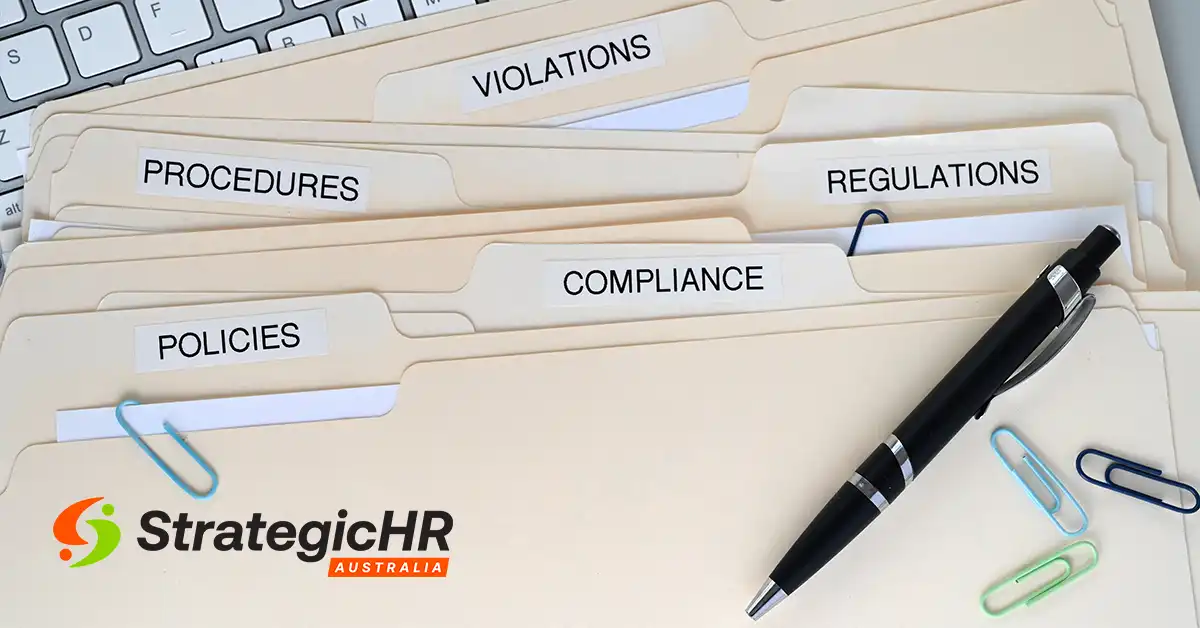When done well, performance management ensures fairness, accountability, and growth. But when done poorly — or worse, delayed — it can expose your business to legal claims and reputational damage.
This recent Fair Work Commission case reveals how a well-intended but poorly managed performance management process, involving an internal investigation, became a liability. It underscores the significant responsibilities that employers and managers have when managing allegations of misconduct — particularly in circumstances where the employment relationship may be informal or intermittent.
While internal investigations are necessary, failure to manage them transparently and in a reasonable timeframe can lead to legal claims and reputational harm, even where such claims are ultimately dismissed. Here’s what happened — and what employers must learn from it.
Case Overview
The Commission’s Findings
- The conduct did not amount to repeated unreasonable behaviour at work. The organisation’s decision to conduct an investigation-regardless of the criminal outcome-was within its rights and considered appropriate.
- The individual was not considered to be at work during the relevant period, as he had not been actively rostered for duties.
There was insufficient evidence that the organisation’s actions posed a risk to his health and safety within the meaning of the legislation.
Why This Case Matters
While this case may seem unique, it highlights a pattern seen often in small to mid-sized businesses — particularly where performance management processes are informal or inconsistently applied.
- According to the Fair Work Ombudsman, procedural missteps and communication breakdowns are among the top contributors to complaints and unfair dismissal claims.
- Legal commentary and case law consistently show that delays in internal investigations — even if unintended — can open employers to adverse action claims, anti-bullying applications, or reputational harm.
- HR practitioners and employment lawyers often observe that delayed or poorly communicated processes don’t need to be unlawful to be costly. Even where employers ultimately succeed, the stress, time, and disruption involved can significantly impact the business.
That’s why timely, transparent, and well-documented performance management isn’t just best practice, it’s essential protection.
Key Takeaways for Employers and Managers
- Investigations must be timely and transparent. Delays, even when unavoidable, should be managed carefully with ongoing communication to the affected parties. Silence and ambiguity can lead to perceptions of unfair treatment.
- Procedural fairness is essential. Regardless of the employment relationship, affected individuals must be informed of processes, given an opportunity to respond, and kept updated throughout.
- Good communication mitigates risk. Regular, respectful, and documented communication helps maintain trust and reduce potential claims of mistreatment or adverse action.
- Compliant policies and processes protect everyone. A consistent, well-documented approach ensures that decisions are lawful and defensible should the matter escalate.
How Strategic HR Can Support You
Our services include:
- Performance and conduct management guidance
- Independent workplace investigations and mediation
- Policy development and review
Ad Hoc Advisory support in handling sensitive or high-risk matters
Need advice or assistance?
Reach out to the Strategic HR team to ensure your internal processes meet legal standards and take the first step in promoting a compliant workplace where the success of your employees and business go hand-in-hand.







